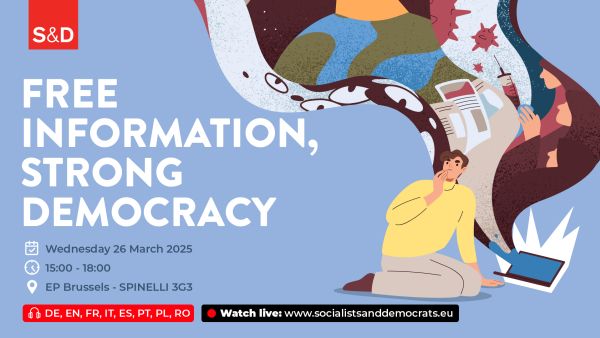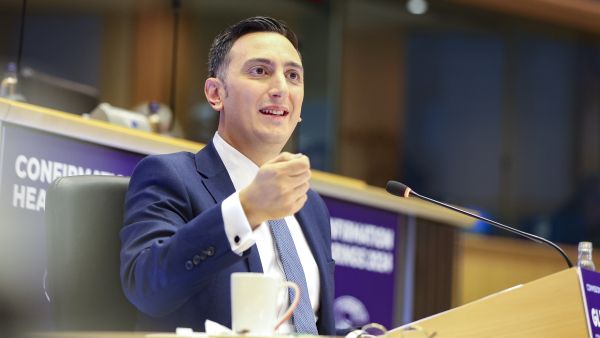Erasmus+ celebrates its 30th year of offering opportunities to young Europeans. In the past three decades, the European Programme for Education, Training, Youth and Sports has significantly contributed to enriching the lives of many Europeans by enhancing their employment opportunities, improving their skills and competences, opening windows onto new cultures and encouraging their participation in democratic life.
In the Erasmus+ implementation report, adopted today at the European Parliament’s plenary session, the S&Ds have highlighted barriers that still prevent many Europeans from taking part in the programme and have made recommendations to further enhance it for the period till 2020 and beyond.
Petra Kammervert, chair of the committee on culture and education said:
“The S&D Group always ensures that Erasmus+ plays a vital role in promoting social inclusion and intercultural dialogue as well as fighting youth unemployment. As a result, Erasmus+ participants are 50% less likely to experience long-term unemployment than their colleagues who do not take part in this programme. Thanks to Erasmus+, students are also more likely to hold management positions soon after graduation.”
Silvia Costa, S&D Group co-ordinator in the committee on culture and education said:
“We celebrate the 30th anniversary of Erasmus in a Europe which is facing insecurity, economic and occupational challenges, especially for young Europeans. The best way to celebrate this anniversary is by involving Erasmus generations in the tough mission of building ethical and cultural antibodies against selfishness, walls and divisions across our continent.”
Krystyna Łybacka, the S&D Group’s standing rapporteur on Erasmus+ said:
“A further budget increase for Erasmus+ is necessary to safeguard the programme´s success and enable the participation of those who currently cannot do so because of financial constraints. The S&D Group will continue its efforts to make Erasmus+ truly accessible to all. In this regard, it is crucial that we pursue improvements in the programme by rendering it more user-friendly, as well as by applying the programme rules and regulations consistently across the national agencies. Moreover, we should also recognise good projects which despite their high quality were refused due to limited funding. In this way, we may help their authors to attract investments from other sources, as well as encourage them to further contribute to the programme.”
Background info about Erasmus+:
• It combines seven EU education, training and youth programmes, and introduces sport for the first time
• It offers learning opportunities abroad for both students and teachers
• So far, 4 million people and 125,000 institutions have benefited from EU grants and training
• 2 million higher education students, 500,000 volunteers and 650,000 trainees have gone abroad
• 800,000 educators and youth workers have acquired new teaching and learning methods
• Its total budget amounts to €14.7 billion
S&D press contact
Related content
Find out more









